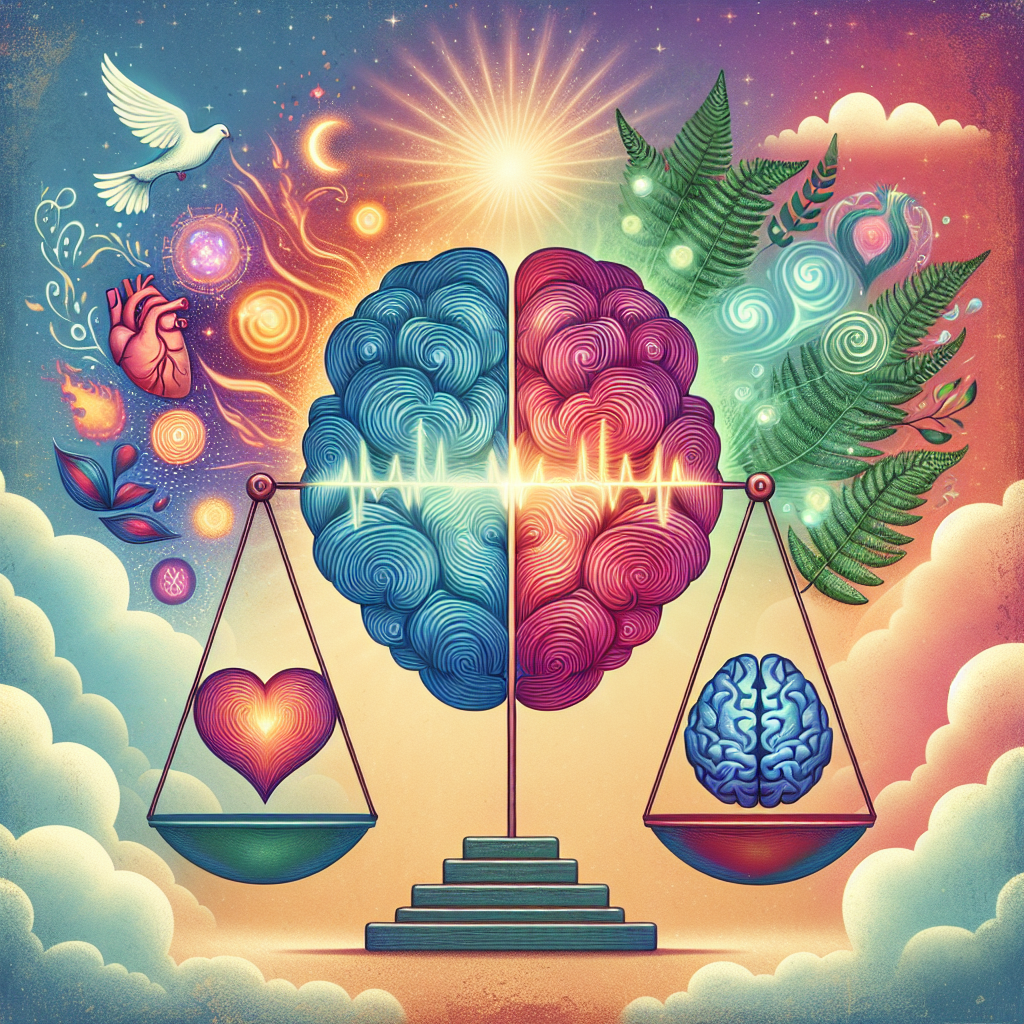Emotions play a crucial role in our lives, influencing our thoughts, behaviors, and overall wellbeing. The ability to regulate emotions is essential for maintaining good mental health and overall wellbeing. Emotional regulation refers to the ability to effectively manage and respond to our emotions in a healthy and adaptive way. When we are able to regulate our emotions, we can better cope with stress, manage conflicts, and navigate challenging situations.
Research has shown that individuals who struggle with emotional regulation may be more vulnerable to mental health issues such as depression, anxiety, and substance abuse. Emotion dysregulation can also lead to difficulties in relationships, work performance, and overall quality of life. Therefore, learning how to regulate our emotions is crucial for maintaining good mental health and wellbeing.
The Importance of Emotional Regulation for Mental Health and Wellbeing
1. Stress Management: Emotions play a significant role in our stress response. When we are unable to regulate our emotions, we may become overwhelmed by stress and struggle to cope effectively. By developing emotional regulation skills, we can better manage stress and prevent it from impacting our mental health.
2. Improved Relationships: Emotions are a key component of interpersonal relationships. When we are able to regulate our emotions, we can communicate more effectively, resolve conflicts constructively, and build stronger connections with others. Emotional regulation is essential for maintaining healthy and fulfilling relationships.
3. Enhanced Self-Awareness: Emotions serve as signals that provide insight into our thoughts, needs, and values. By learning to regulate our emotions, we can develop a greater sense of self-awareness and understand our own triggers and patterns. This self-awareness can help us make better decisions and take care of our mental health.
4. Increased Resilience: Emotions are a natural part of life, and we will inevitably face challenges and setbacks that trigger difficult emotions. By cultivating emotional regulation skills, we can enhance our resilience and bounce back from adversity more effectively. This resilience is crucial for maintaining good mental health and overall wellbeing.
5. Emotional Intelligence: Emotional regulation is a key component of emotional intelligence, which refers to the ability to identify, understand, and manage emotions in oneself and others. Individuals with high emotional intelligence are better equipped to navigate social situations, communicate effectively, and maintain healthy relationships. Developing emotional regulation skills can enhance our emotional intelligence and contribute to our overall wellbeing.
FAQs
1. What are some strategies for regulating emotions?
There are several strategies that can help individuals regulate their emotions, including mindfulness techniques, deep breathing exercises, physical activity, journaling, and seeking support from a therapist or counselor. It is important to find strategies that work best for you and incorporate them into your daily routine.
2. How does emotional regulation impact mental health?
Emotional regulation plays a significant role in mental health, as it helps individuals cope with stress, manage conflicts, and navigate challenging situations. When we are able to regulate our emotions, we are better equipped to maintain good mental health and overall wellbeing.
3. Can emotional regulation be learned?
Yes, emotional regulation is a skill that can be learned and developed over time. By practicing mindfulness, learning effective coping strategies, and seeking support when needed, individuals can improve their ability to regulate their emotions and enhance their mental health.
4. What are the consequences of poor emotional regulation?
Poor emotional regulation can lead to a range of negative consequences, including increased stress, difficulty in relationships, mental health issues such as depression and anxiety, and overall decreased quality of life. It is important to prioritize emotional regulation and seek support if needed.
In conclusion, emotional regulation is a fundamental skill that is essential for maintaining good mental health and overall wellbeing. By learning to regulate our emotions, we can better cope with stress, manage conflicts, and navigate life’s challenges. Developing emotional regulation skills can enhance our resilience, improve our relationships, and contribute to our emotional intelligence. It is important to prioritize emotional regulation and seek support when needed to take care of our mental health and lead a fulfilling life.





Leave A Comment